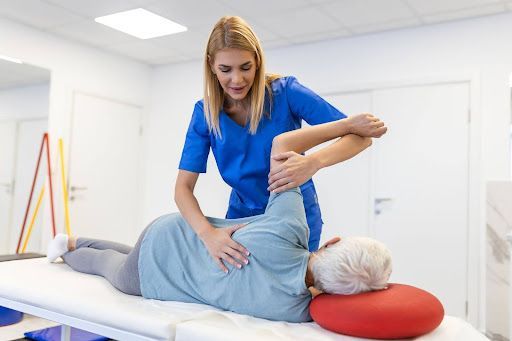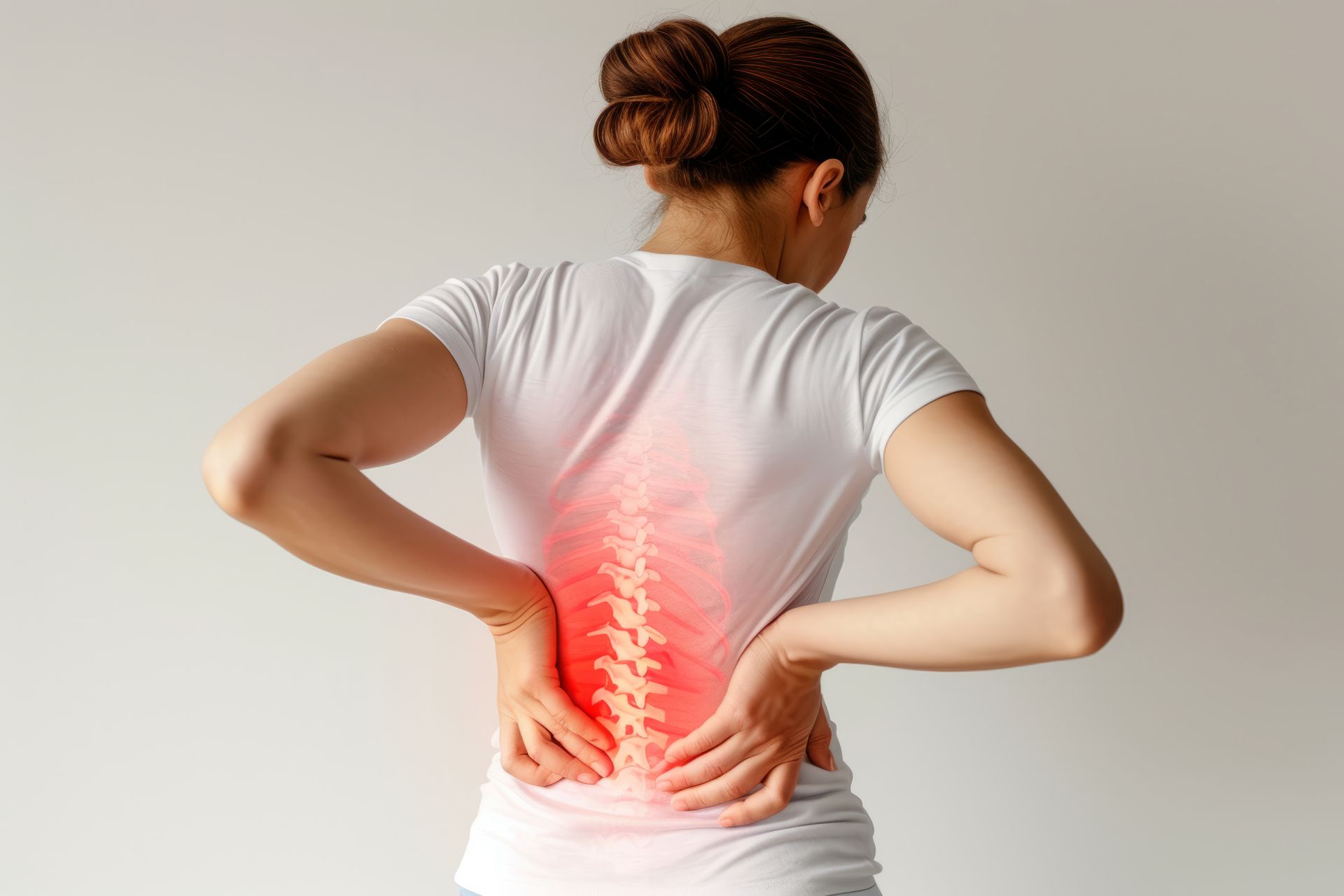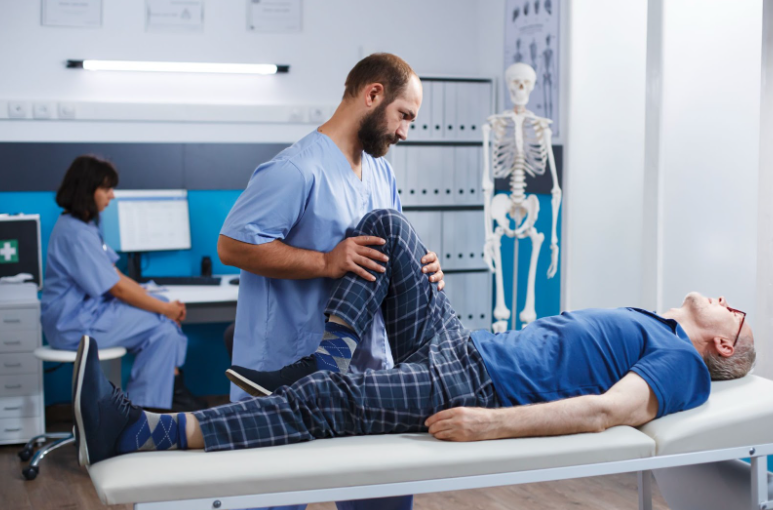The Holistic Path to Recovery: Chiropractic and Beyond
Recovering from an injury or dealing with chronic pain often requires more than just one type of treatment. A holistic approach, which includes chiropractic care and other therapies, can offer a more complete path to healing. This method focuses on the whole person, addressing not only the physical symptoms but also the underlying causes of discomfort. By combining various treatments, individuals can achieve better and longer-lasting results, improving their overall well-being.
Understanding Chronic Pain and Auto Injuries
Chronic pain, unlike its acute counterpart, persists long beyond the expected period of healing. It's a pain that extends for more than three months and can be the result of various underlying causes, including auto injuries. Acute pain, on the other hand, is a direct response to injury or surgery and tends to have a clear endpoint. Chronic pain not only affects the physical aspect of an individual but also has profound impacts on emotional and mental well-being.
Auto accidents are a common cause of chronic pain. The sudden impact and force can lead to a wide range of injuries, with whiplash, herniated discs, and spinal cord injuries being among the most prevalent. These conditions, if not treated properly and promptly, can lead to chronic pain syndromes that significantly alter an individual’s quality of life. The mechanics of auto injuries often involve complex musculoskeletal and nervous system damage, making recovery a challenging and prolonged process.
The Psychological Impact of Chronic Pain
Chronic pain is not just a physical sensation; it involves emotional and psychological dimensions that can lead to significant distress. Individuals may experience depression, anxiety, and sleep disturbances, further entwining the cycle of pain and psychological suffering. The constant presence of pain can lead to a feeling of hopelessness and isolation, as activities once enjoyed become arduous or impossible.
Understanding the complex nature of chronic pain and its origins in auto injuries is crucial for seeking appropriate treatment. Recognizing the multifaceted impact of such conditions is the first step toward initiating a comprehensive approach to recovery. This foundational knowledge sets the stage for exploring how chiropractic care can play a pivotal role in managing chronic pain and facilitating long-term rehabilitation. By addressing the underlying issues that contribute to pain, chiropractic treatment offers a promising path toward relief and improved function, making it an essential component of a holistic rehabilitation plan.
The Basics of Chiropractic Care for Chronic Pain
Chiropractic care specializes in the diagnosis and treatment of muscular, nervous, and skeletal system disorders, particularly those affecting the spine. Chiropractors utilize adjustments, also known as spinal manipulations, to restore joint mobility. These adjustments involve applying controlled force to joints that have become restricted in their movement, often due to tissue injury. This injury can result from a singular traumatic event, such as improper lifting, or through repetitive stresses, such as sitting in an awkward position with poor spinal posture for an extended period.
The Benefits of Chiropractic Care
Such treatments can alleviate pain, increase mobility, and restore function without the need for invasive procedures or medication. Chiropractic care adopts a holistic approach, considering the entire body and its capacity to heal itself. This methodology not only addresses the symptoms but also targets the underlying causes of the pain, promoting long-term health.
Integrating Chiropractic Care into Long-term Rehabilitation Plans
Within the context of rehabilitation following auto injuries, chiropractic care plays a vital role. It contributes to the overall healing process by correcting imbalances in the spine and body, potentially preventing chronic conditions from developing. Through a personalized treatment plan that accommodates the patient's evolving needs, chiropractors work to optimize recovery at every stage. Collaborative care models demonstrate the effectiveness of integrating chiropractic care with conventional medical treatments. By working alongside other health professionals, chiropractors ensure a comprehensive treatment approach, addressing the patient's physical injuries and accompanying psychological effects, thereby facilitating a holistic recovery.
Evidence-Based Approaches in Chiropractic Care
Research and case studies underscore the value of chiropractic treatments in the context of long-term rehabilitation. Success stories and testimonials from individuals who have experienced significant improvements in their condition through chiropractic care serve to highlight its efficacy. Meanwhile, addressing skepticism remains an ongoing effort. Misconceptions and myths about chiropractic practices are continually debunked through education and transparency about the scientific evidence supporting its benefits.
In essence, chiropractic care offers a promising path for those undergoing long-term rehabilitation from auto injuries. Through its holistic approach and emphasis on personalized care, it presents a viable option for managing chronic pain and restoring function, validated by both research and clinical success stories.
Complementary Therapies Alongside Chiropractic Care
Chiropractic care is a cornerstone in the rehabilitation journey following auto accidents, but integrating complementary therapies can enhance recovery, offering a multifaceted approach to chronic pain management. Massage therapy, physical therapy, and nutritional guidance serve as pillars alongside chiropractic adjustments, each contributing uniquely to the healing process. Massage therapy plays a crucial role in relaxing muscles, improving blood flow, and reducing inflammation, thus creating an optimal environment for the body's natural healing process.
When combined with chiropractic adjustments, massage therapy can lead to more effective pain management and faster recovery by addressing the muscular components of chronic pain directly. Physical therapy complements chiropractic care by introducing targeted exercises that strengthen the body, improve mobility, and prevent future injuries. These exercises are tailored to individual needs, focusing on the areas most affected by the auto accident. This ensures that rehabilitation is not only about recovery but also about empowering patients with the strength and flexibility needed for daily activities. Nutritional guidance can also play a significant role in rehabilitation. A diet rich in anti-inflammatory foods and essential nutrients supports the body's healing process.
When patients adopt lifestyle changes that include a balanced diet, they often experience improved outcomes in their rehabilitation journey. This holistic approach underscores the belief that managing chronic pain and facilitating recovery is not solely about treating the symptoms but nurturing the body's overall health and wellness.
Setting Realistic Expectations and Goals
Recovery from auto injuries is a path filled with milestones, but it's essential to set realistic expectations and goals. Recovery timelines vary greatly among individuals, depending on the severity of the injuries and the body's response to treatment. Chiropractic care, coupled with complementary therapies, lays the groundwork for recovery, but patience and consistency are key. Understanding that rehabilitation is a gradual process helps in maintaining a positive outlook. It's not uncommon to have good and bad days, but recognizing and celebrating small victories can foster a sense of achievement. Keeping an open dialogue with healthcare providers about progress and concerns is also crucial. Tailoring treatment plans as the patient's needs evolve ensures that the care provided aligns with their recovery stage.
Navigating the road to recovery after an auto accident involves a comprehensive approach that transcends chiropractic care alone. Integrating massage therapy, physical therapy, and nutritional guidance, setting realistic goals, and adopting a holistic outlook not only address the immediate concerns of chronic pain but also pave the way for a healthier, more resilient future. By understanding the value of a multidisciplinary approach to rehabilitation, patients can embark on a journey that promotes lasting relief and functional improvement.
Take the first step towards a comprehensive recovery.
Contact Tigard Chiropractic & Auto Injury today to explore how our holistic approach can help you heal and thrive.










